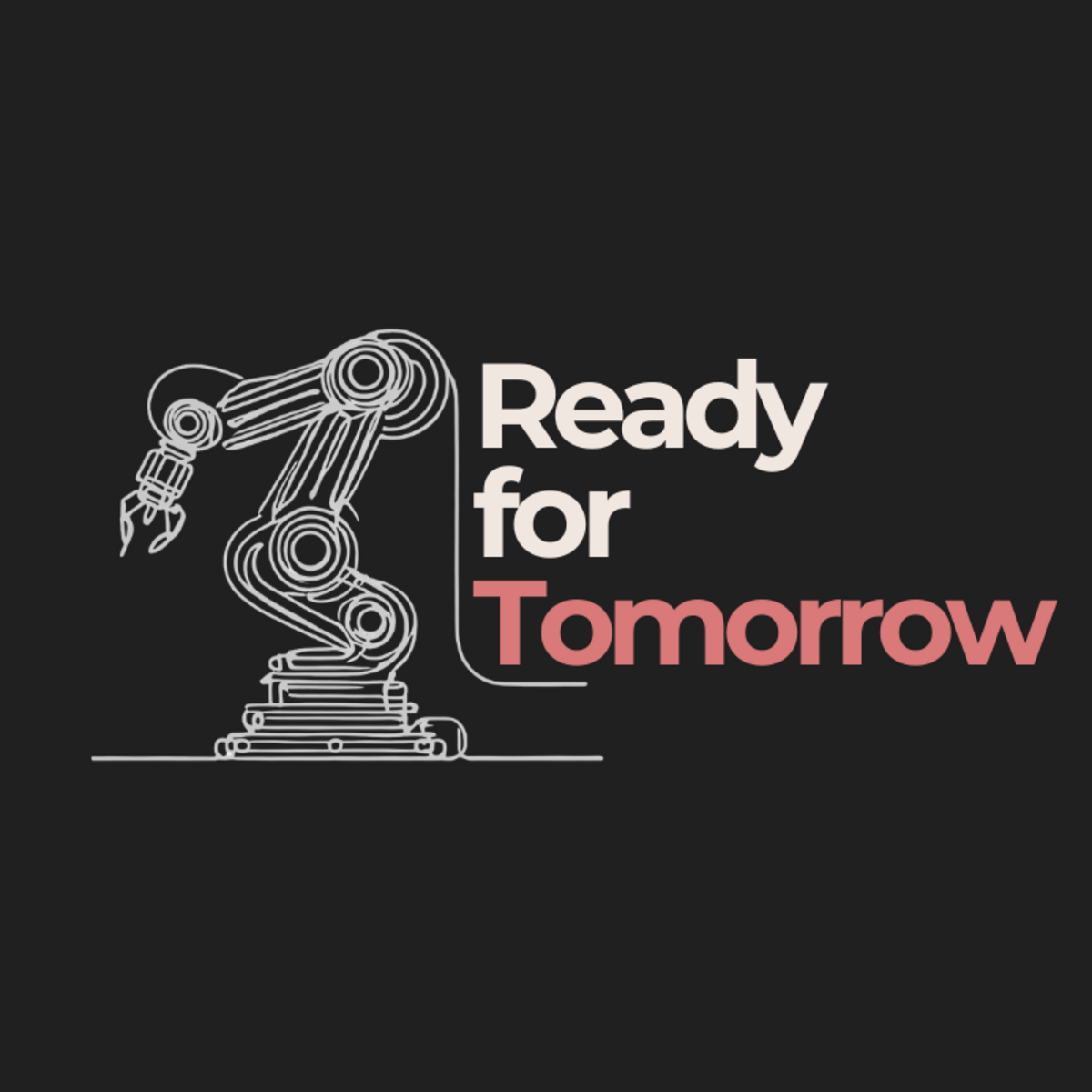When I was a kid, the word factory meant noise. Real, heavy noise that echoed in your ears for hours after you left. It meant yellow helmets, a gate as wide as a highway, and a tired security guard who knew everyone by name. Today, a factory… fits in a backpack.
Seriously. A 3D printer — check. A controller — check. A compact robot that used to be a showpiece at a trade fair in Hannover — that too. You can plug all of it into your computer, the power socket, the cloud. And it works. It produces. And it doesn’t even make much noise.
Technology has done a backflip. Or rather: it has gone from being collective to personal. From assembly lines to kitchen countertops. From corporate halls to apartments in 1970s concrete blocks. I’m not sure if this is already a revolution or just the warm-up, but something has definitely shifted.
Once upon a time, if you wanted to manufacture something, you needed a factory. And to own a factory, you needed money, connections, and a high tolerance for bureaucracy. Today, you mostly need an idea and an AliExpress account.
Which brings us to the point: production has been decentralized. Unclogged from the industrial pipelines, released into the wild like air from a balloon. Or maybe like a PDF file — because everything now resembles a file. Easy to copy, share, modify.
Is that a good thing?
It depends.
On one hand — fantastic. People who had ideas but no resources can finally act. Makers, tinkerers, engineers working from their basements. This is the new entrepreneurship model: a micro-factory with startup spirit and a student budget.
On the other hand — slightly terrifying. Because if everything can be done by yourself, it's getting harder to explain why you're not doing it. Harder to hide behind “I don’t have the resources.” Because the resources are there. Scattered around. Online. In discount stores. In YouTube tutorials.
Of course, not everyone will become a home-based manufacturer overnight. Most of us will still be producing… Instagram posts. But those who want to — can.
And that’s the difference.
Because technology doesn’t care who you are. It only asks: Do you have an idea? Do you want to try?
You Don’t Need to Be Technical. Just Informed
AI isn’t optional anymore—but coding isn’t required.
The AI Report gives business leaders the edge with daily insights, use cases, and implementation guides across ops, sales, and strategy.
Trusted by professionals at Google, OpenAI, and Microsoft.
👉 Get the newsletter and make smarter AI decisions.
Today, anyone can launch their own production line. Maybe not for cars just yet — but for packaging, plastic parts, low-volume goods. And most importantly — with an efficiency that used to be reserved for corporations.
There’s a new job description on the market: the human factory. A personal, compact, smart production line. Working in slippers, shipping from a local locker, managing processes via app.
I don’t know if this is progress. But it’s definitely a change. And change — as we know — is always interesting. Even if you have to clean up after it.
So if you hear a stepper motor whirring next door, don’t assume it’s just a renovation.
Maybe someone’s starting their own industry.
On their terms.
With their own hands.
No helmet. No supervisor approval needed.
These days, the question is no longer: Can I do it?
It’s:
“What will I be producing, now that everyone else already started?”
Cheers, Jacek


